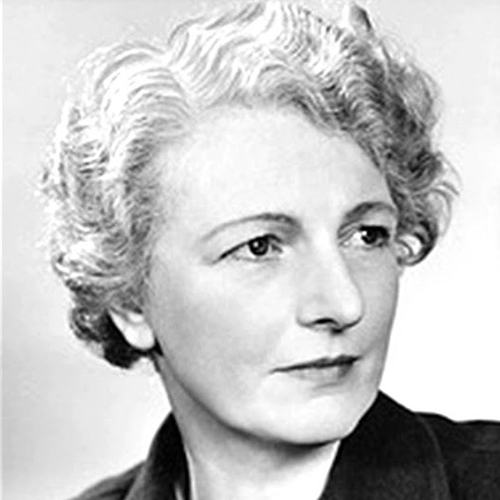Those Who Can, Teach
by Frances Wilson
The expression “those who can, do; those who can’t, teach” does a great disservice to teachers everywhere. In the sphere of music, teaching is often regarded as a “second best” option for those who have trained as performers, yet for anyone who has encountered a great music teacher, it is evident that this is a highly-skilled profession, requiring many hours of training and commitment.
The sad thing is that so many young musicians go through the conservatoire or music college training, being taught how to be performers, yet very few of them will be able to make a living solely by performing and concertising. Concert fees hardly take into account the many hours of preparation, and only those at the very top of the profession can command the highest fees. Nor do positions in orchestras pay particularly well. Thus, many musicians turn to teaching as a way of securing a regular income.

A common misconception is that if you are a great performing artist, you must, by default, also be a great teacher, but the two things do not necessarily go hand in hand. While both activities are about communication, teaching is about communicating the techniques and artistry of playing music largely through the medium of the spoken word and physical demonstration. The best teachers can articulate the complexities of playing an instrument in simple terms, demystifying aspects of technique, for example, through the use of metaphor or imagery. Good teachers are also highly adaptable for they appreciate that there is no “one size fits all” approach and that each student must be treated as an individual.
Those fortunate enough to study with some of the great teacher-pianists, who have themselves studied with great teacher-pianists of another era, enjoy a special connection to these earlier teachers and mentors. These generational connections create a tremendous sense of continuity, and this musical ‘provenance’ is invaluable and inspiring when one is learning. Several of my colleagues (both international concert pianists) studied with the acclaimed British pianist and teacher Phyllis Sellick, whose “musical ancestry” included Isidor Philipp, who himself was taught by Georges Mathias, a pupil of Chopin and Kalkbrenner. My own teachers were taught by the likes of Vlado Perlemuter (who studied with Cortot) and Nina Svetlanova (who was taught by Heinrich Neuhaus at the Moscow Conservatory). Such teachers can act as a link to the past, passing on the wisdom handed down from these earlier, great teachers, and enriching one’s experience of previous performers and performances (imagine my delight, and reverence, when my teacher told me he had been “given” some ornaments in a Bach keyboard concerto we were working on by pianist Andras Schiff, and that he was now ‘giving’ them to me!). As a teacher myself, I can also pass on some of this accumulated wisdom to my own students.

Heinrich Neuhaus
Teaching is an ongoing learning process in itself: the best teachers are often the most receptive too, and their relationships with their students is less didactic tutor, more mentor and guide. The best teachers are respectful and unselfish, appreciating that students do move on, perhaps to further study at music college or into a professional career, or simply to another teacher to gain a different perspective on their musical studies. Above all, the best teachers care deeply about music and want to encourage and share this love with their students.